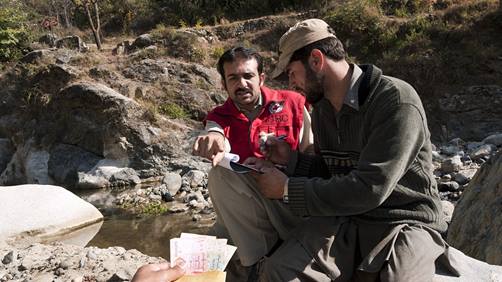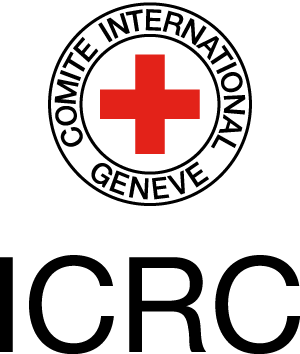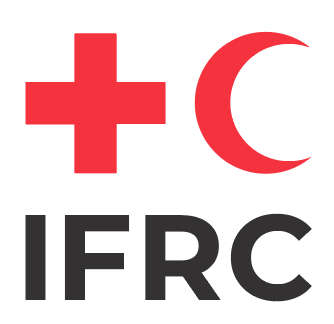RESOURCES
Cash in Conflict
Cash and Voucher Assistance (CVA) has several significant benefits that are well known, including increasing people’s dignity, power, autonomy and choice in how they manage their survival and recovery. CVA can also offer greater operational flexibility and achieve wider social and economic multiplier effects beyond its specific purpose.
Cash is used by people to pay for goods and services all around the world. This fact does not change in situations of armed conflict, when having cash in their hands can be mean the difference between life and death.
The ICRC – who have 16,800 staff in over 80 countries, helping people affected by armed conflict and violence – is enthusiastic about the benefits of CVA and realistic about when it is best to use it. Our experience and evidence shows that cash is an essential tool in humanitarian action in armed conflict, and our own operational analysis confirms many of the positive findings from other policy and academic studies.

© Revol Didier / ICRC
This section of the Cash Hub aims to share the experience of the ICRC and of those Red Cross and Red Crescent Societies working in countries affected by conflict and other situations of violence.
Read the latest report below to find out more about the ICRC’s experience of using CVA in armed conflict
Key Resources
17 February 2022
High-Level Dialogue – Global Cash Forum
Type:
VideoOrganization:
Cash Hub, ICRC, IFRCRecording of the High-Level Dialogue that took place during the Global Cash Forum on the 10th of February 2022.
9 February 2022
Dignity in Action – Key data and learning on cash and voucher assistance from across the Red Cross Red Crescent Movement
Type:
ReportOrganization:
Cash Hub, ICRC, IFRCDrawing on learning from across the world, this report focuses on six key messages for advancing Cash and Voucher Assistance (CVA) in the Movement: 1. Measuring the transformation benefits of CVA 2. CVA Preparedness 3. Localisation of Cash; National Society Leadership 4. CVA and Social Protection 5. Cash, Digital Technology and Data Sharing 6. Cash in Conflict
4 February 2022
Using Cash and Voucher Assistance to Prevent and Respond to Sexual Violence: A Practical Guide
Type:
GuidanceOrganization:
ICRCThe guidance on using cash and voucher assistance (CVA) to prevent and respond to sexual violence provides information on how we can use CVA to respond to the needs of and prevent negative coping strategies for persons at risk and victims/survivors of sexual violence. It explains how to establish an emergency and longer-term response by means of CVA and how we ensure good internal coordination and cooperation addressing the needs of persons at risk and victims/survivors of sexual violence.
17 November 2021
Progress in mainstreaming the use of cash and vouchers in ICRC operations (2017–2021)
Type:
ReportOrganization:
ICRCThis report focuses on the use of cash and voucher assistance (CVA) in ICRC activities to protect and assist people affected by armed conflict and other situations of violence, sharing information on the growth in the use of CVA and an overview of different CVA programmes and measures to minimise risks commonly associated with this modality.
20 October 2021
Localisation and Cash and Voucher Assistance (CVA) – Cash Hub panel discussion recording
Type:
VideoOrganization:
Cash HubAs part of the Red Cross Red Crescent Movement Planet:Red Summit, the Cash Hub hosted a panel discussion to explore how CVA, and specifically cash preparedness, can help to strengthen National Societies and contribute to more locally-led humanitarian action.
31 August 2021
Strengthening locally led humanitarian action through cash preparedness
Type:
ResearchOrganization:
Cash Hub, NorcapThis research looks at links between CVA and localisation, to understand how CVA can help to further localisation and strengthen locally led humanitarian action, focusing on these questions: 1) How can CVA help to strengthen National Societies’ voice and influence?; 2) Does building CVA capacity help to further the localisation agenda and, if so, how does it do so?; 3) What lessons can be learnt from National Societies and their CVA responses?
Page 7 of 9
In partnership with:


